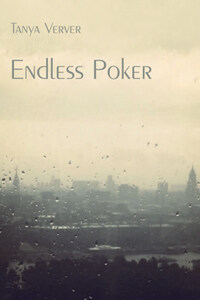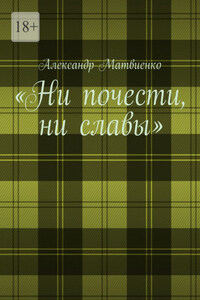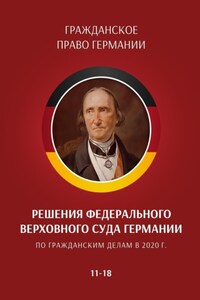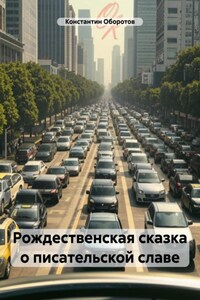Endless Poker
Автор книги - Tanya Verver. Произведение относится к жанру стихи и поэзия. Оно опубликовано в 2024 году. Международный стандартный книжный номер: 978-5-00217-241-2.
Tanya Verver is a contemporary poet with international recognition and publications in international online magazines. Tanya's poetry can be described as laconic, sensual, melancholic, highly intellectual, and full of riddles and paradoxes. Tanya works primarily in a small poetic form and extremely masterfully balances between the subtle description of the emotions of the lyrical hero (annoyance, light sadness, despair, hope) and the intense fitting of her intimate poetic world into various environments (temporal, spatial, contextual) and metaworlds (the components of the traditional versification are whimsically reworked and are not equal to their counterparts from the traditional poetry). Of course, the roots of the poetic language of Verver lie in the European poetry of the XX century (subtle references to Auden and Aragon), but it is difficult to call her the heir, guardian, or denier of traditional poetry. Her ancestral connection with traditional poetry, is more complex and ambiguous, as is her connection with non-traditional poetry. In her rhyme among others you can sense a subtly sensitive connection to Keats. In her practice, Tanya overcomes the dichotomy of traditional and non-traditional poetry, makes it imaginary, and shows us a stunning example of a unique poetic position. This elusive positioning allows Tanya to use both tradition and the avant-garde as bags with sets of poetic instruments necessary for her, but in such a way that they do not have power over her. Tanya's poetic speech, with obvious compositional restraint, is incredibly rich; she uses the widest range of linguistic possibilities, and her metaphors are completely unpredictable.




